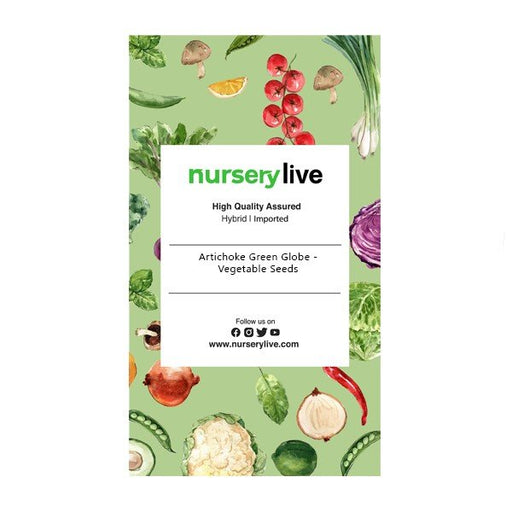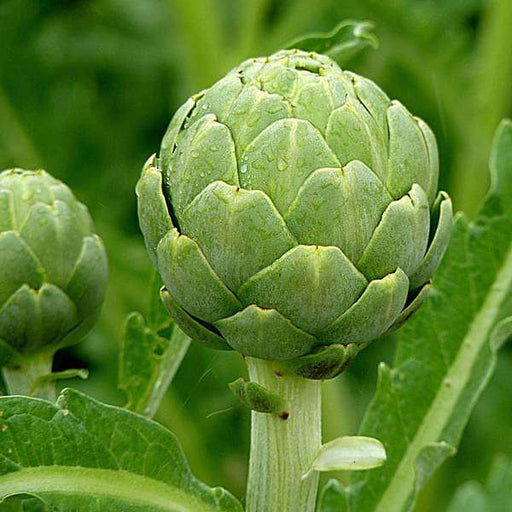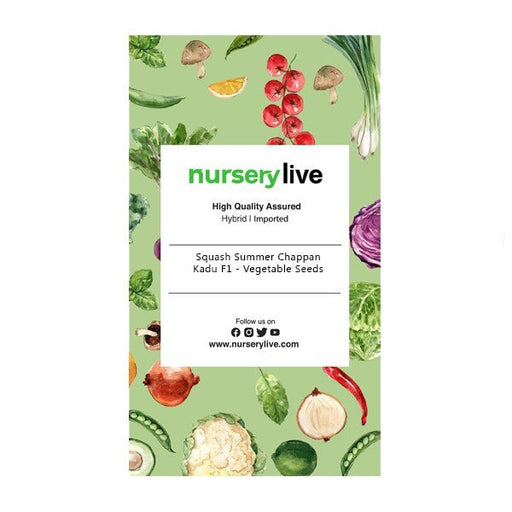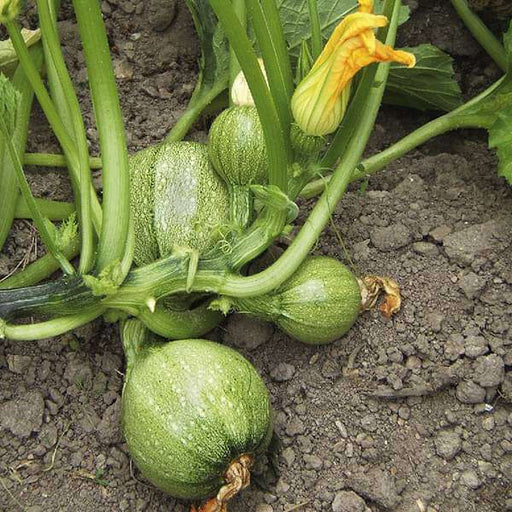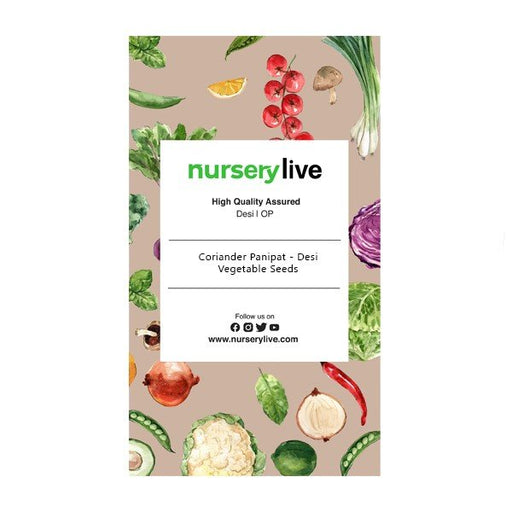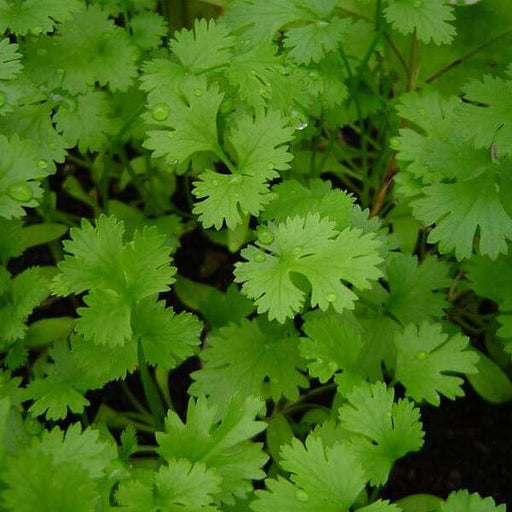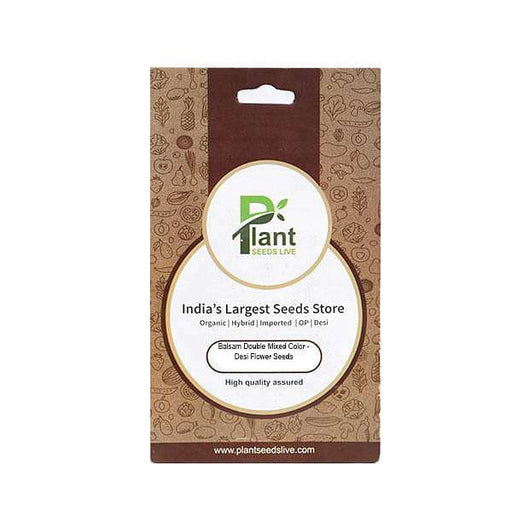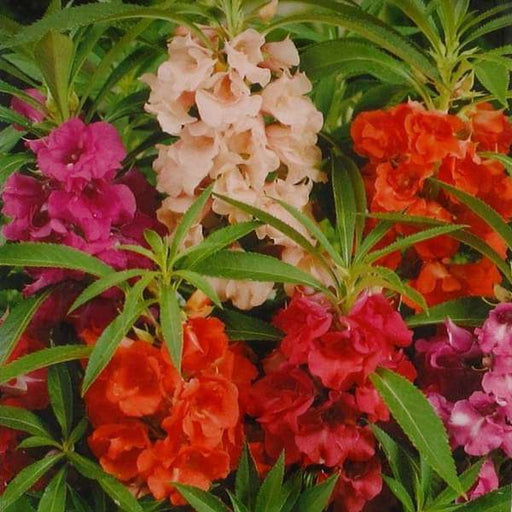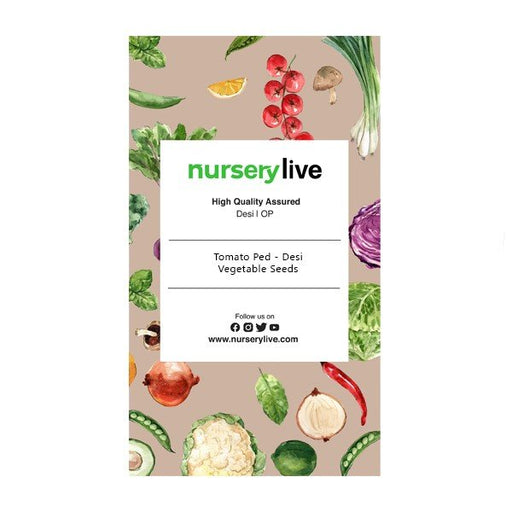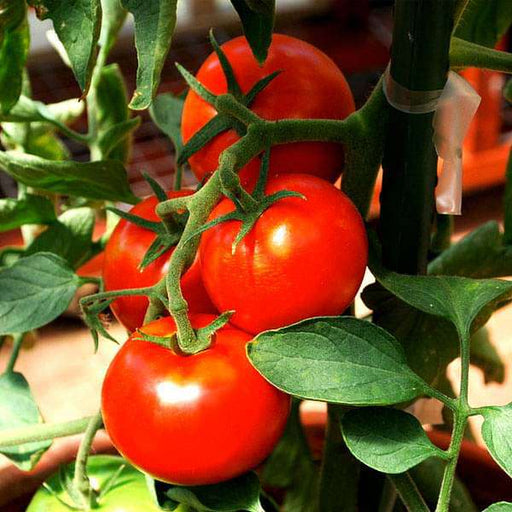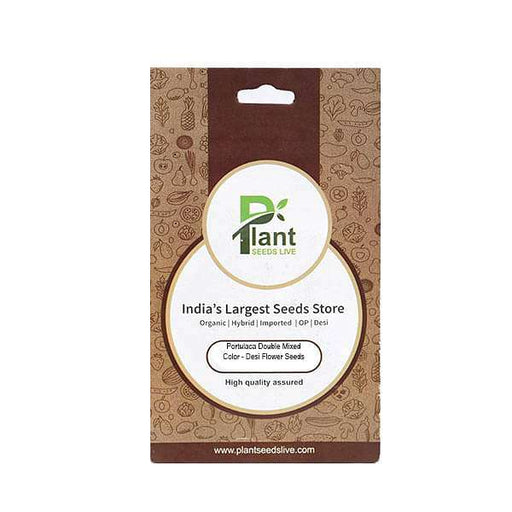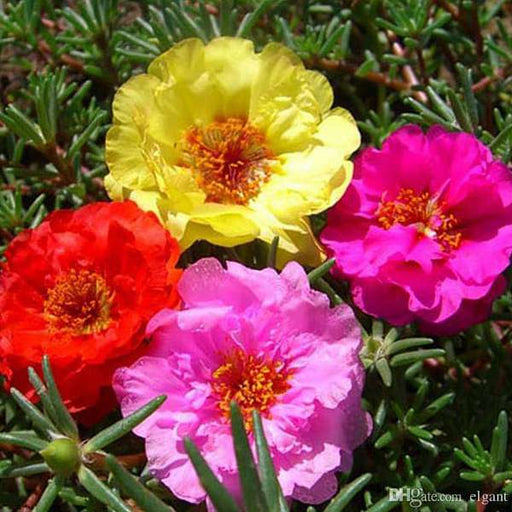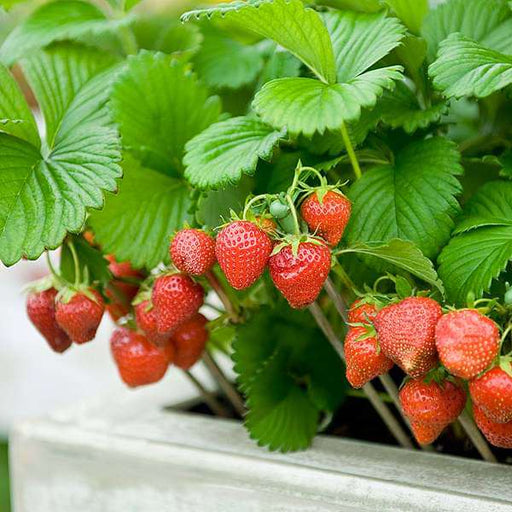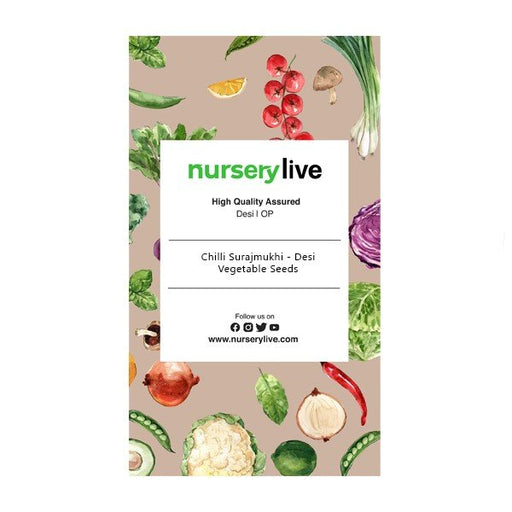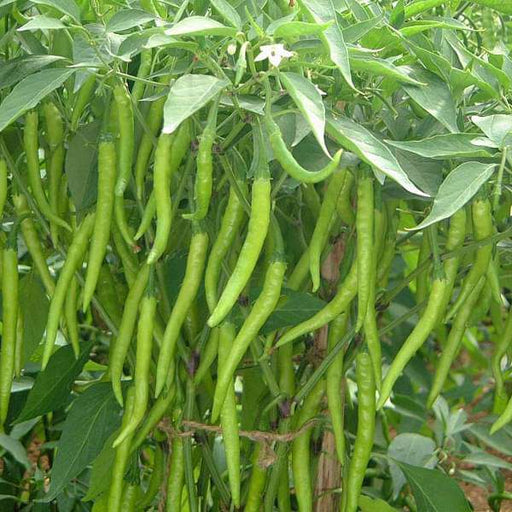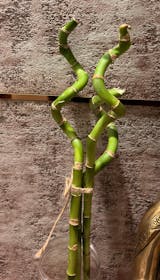Lebanese Cuisine Vegetable Herb Seeds Za'atar Zest
A staple in Lebanese kitchens, za'atar is a blend of thyme, oregano, sumac, and sesame seeds. Growing your own za'atar herbs ensures the freshest flavor for sprinkling over manakish, hummus, or roasted veggies, adding that unmistakable Middle Eastern tang.
Lebanese Cuisine Vegetable Herb Seeds Mint Marvel
It’s almost impossible to kill!
Lebanese Cuisine Vegetable Herb Seeds Sumac Sensation
This deep red, citrusy spice is a game-changer in Lebanese cooking. While sumac plants take patience to grow, the tangy berries can be dried and ground to enhance fattoush salads, grilled meats, and creamy dips.
Lebanese Cuisine Vegetable Herb Seeds Parsley Powerhouse
Lebanese tabbouleh wouldn’t be the same without heaps of fresh parsley. Growing your own guarantees a never-ending supply of this vitamin-rich herb, perfect for garnishing mezze platters, soups, and grilled dishes.
Lebanese Cuisine Vegetable Herb Seeds Coriander Charm
Whether you call it cilantro or coriander, this bright, citrusy herb plays a key role in Lebanese stews, falafel, and garlic sauces. Grow it fresh, and you’ll never go back to store-bought!
Lebanese Cuisine Vegetable Herb Seeds Garlic Greens
Lebanese food is known for its rich, garlicky depth. Planting garlic chives or bulbs gives you easy access to fresh garlic flavor for toum (Lebanese garlic sauce), kebabs, and savory dips.
Lebanese Cuisine Vegetable Herb Seeds Dill Delight
Known for its delicate, feathery leaves and mild anise-like flavor, dill is an essential herb in Lebanese fish dishes and pickles. Homegrown dill keeps your mezzes and seafood plates tasting authentic and aromatic.
Lebanese Cuisine Vegetable Herb Seeds Hot Pepper Heat
Lebanese cuisine isn’t afraid of spice, and growing your own hot peppers ensures a steady supply of fiery goodness. From spicy shatta sauce to pickled chili peppers, homegrown heat levels up every dish.
Lebanese Cuisine Vegetable Herb Seeds Fennel Freshness
Fennel’s mild licorice flavor is a Lebanese favorite, used in stews, salads, and roasted meat dishes. The bulbs, fronds, and seeds all add a uniquely aromatic touch to traditional recipes.
Lebanese Cuisine Vegetable Herb Seeds Lebanese Cucumber Crisp
These thin-skinned, super-crunchy cucumbers are a must-have for Lebanese salads and mezze spreads. Growing them at home guarantees the freshest, juiciest addition to your fattoush or yogurt dips.
Lebanese Cuisine Vegetable Herb Seeds Eggplant Extravaganza
The heart of classic Lebanese dishes like baba ganoush and stuffed eggplants, this vegetable thrives in home gardens. Grow your own for the creamiest, smokiest flavors in every bite.
Lebanese Cuisine Vegetable Herb Seeds Lebanese Tomatoes
Sun-ripened, juicy, and full of rich flavor, Lebanese tomatoes are the backbone of countless dishes. Whether blended into sauces, tossed into salads, or roasted with spices, homegrown tomatoes bring true authenticity to your kitchen.


